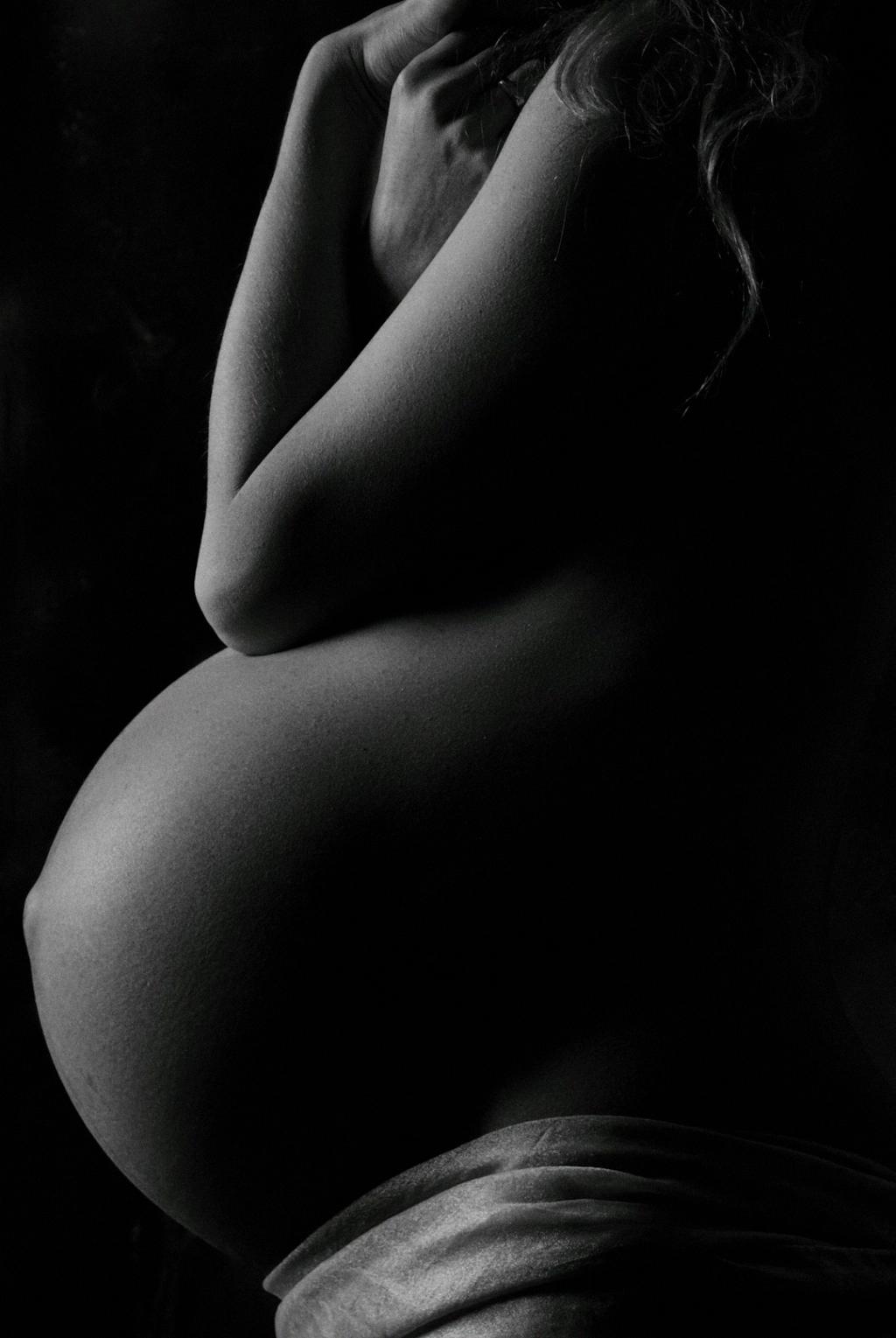Discovering that you’re pregnant can be a joyous and exciting moment, but the changes your body undergoes may raise questions early on. If you’re wondering why you may be showing signs of a growing belly at just 5 weeks, there are several factors at play.
Hormonal Changes and Abdominal Bloating
During the early stages of pregnancy, hormonal shifts can lead to abdominal bloating. This bloating can cause your abdomen to feel fuller and tighter, making your clothes fit more snugly than usual.
Uterus Expansion and Early Pregnancy
While your uterus is still relatively small at 5 weeks pregnant, it may begin to expand slightly due to the growth of the gestational sac and the developing embryo. This subtle expansion can contribute to a noticeable change in your belly size.
Individual Variations in Body Changes
Every woman’s body is unique, and individual differences can play a significant role in how pregnancy symptoms manifest. Some women may show signs of a growing belly earlier than others, even at 5 weeks.
Preexisting Abdominal Muscles and Belly Appearance
If you have strong abdominal muscles or have been pregnant before, your belly may show more prominently in early pregnancy. The muscles in the abdomen can influence how quickly your belly grows as your uterus expands.
Fluid Retention and Swelling
Fluid retention and swelling, common during pregnancy, can also contribute to the appearance of a bloated or slightly larger belly. Hormonal changes can cause the body to retain more water, leading to temporary changes in belly size.
Dietary Choices and Stomach Sensitivity
Changes in dietary habits or increased stomach sensitivity during pregnancy can also impact how your belly looks and feels. Certain foods may cause bloating or gas, further contributing to a fuller belly appearance.
Posture and Body Position
Your posture and body positioning can affect how your belly appears, especially in the early stages of pregnancy. Changes in how you stand or sit may make your belly more noticeable, even if the physical growth is minimal.
Genetic Influences on Body Shape
Genetic factors can influence body shape and how pregnancy manifests in different individuals. If you have a family history of showing early in pregnancy or carrying more weight in the abdominal area, this may impact your belly growth at 5 weeks.
Psychological Factors and Body Awareness
Increased body awareness and psychological factors can also play a role in perceiving changes in your belly size. Heightened sensitivity to physical sensations during pregnancy may make even small changes more noticeable.
Overall Health and Wellness
General health and wellness, including factors like digestion, hydration, and overall comfort, can influence how your belly looks and feels during pregnancy. Taking care of your body can help manage bloating and other symptoms.
Consulting with a Healthcare Provider
If you have concerns about your belly size or any other pregnancy symptoms, it’s essential to consult with a healthcare provider. They can offer personalized guidance and support to ensure a healthy pregnancy journey.
Conclusion
In conclusion, showing signs of a growing belly at 5 weeks pregnant can be influenced by a combination of hormonal changes, individual body differences, dietary habits, posture, genetics, and overall health. Understanding these factors can help you navigate the early stages of pregnancy with confidence and care.

